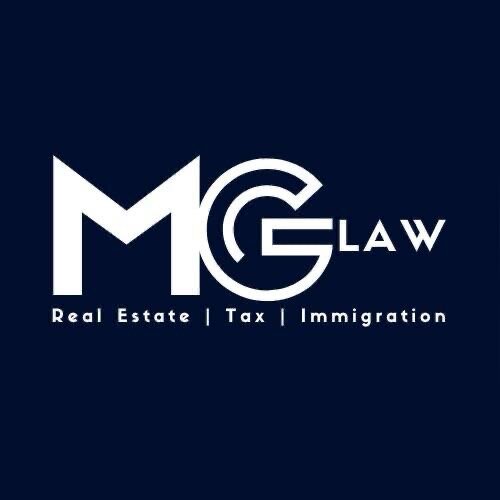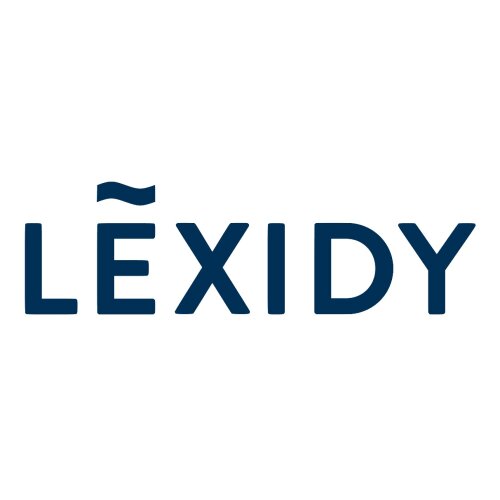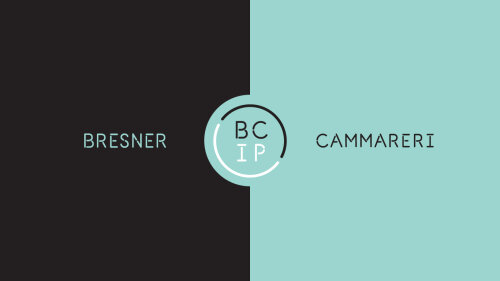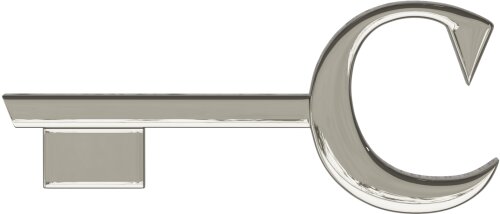Best Corporate & Commercial Lawyers in Milan
Share your needs with us, get contacted by law firms.
Free. Takes 2 min.
List of the best lawyers in Milan, Italy
Italy Corporate & Commercial Legal Questions answered by Lawyers
Browse our 1 legal question about Corporate & Commercial in Italy and read the lawyer answers, or ask your own questions for free.
- INFO APPOINTMENT FOR MARCH 2026 FROM 20th TO 24th
- Hello, My name is [name removed]. I am planning to open a pizza/ bakery business in Phuket (Rawai/Nai Harn). I need help with: company registration (Thai Limited) business license and permits work permit and non-B visa accounting and tax services Could you please send me a quote, timeline and services... Read more →
-
Lawyer answer by Ascendance International Consulting (A-I-C)
Thank you for your enquiry and for outlining your plans to open a pizza and bakery business in Phuket. We can assist with Thai limited company registration, business licensing and permits, work permit and non-immigrant B visa applications, as well...
Read full answer
Italy Corporate & Commercial Legal Articles
Browse our 2 legal articles about Corporate & Commercial in Italy written by expert lawyers.
- How to Register an SRL in Italy: A Guide for Foreign Investors
- Italy offers a dynamic market for international investors, serving as a gateway to Europe and the Mediterranean. However, its bureaucratic reputation is well-earned. For foreign entrepreneurs, navigating the setup of an Italian company requires patience, precision, and a clear understanding of the legal landscape.The most common corporate structure for small... Read more →
- Setting up an S.r.l. in Italy: A 2026 practical guide
- Foreign investors usually choose between a traditional S.r.l. (more flexible, more respected by banks) and a simplified S.r.l. (S.r.l.s) (cheaper to set up, but more rigid and sometimes less bank-friendly). Every Italian company must have a PEC certified email and at least one digital signature; without them you cannot file... Read more →
About Corporate & Commercial Law in Milan, Italy
Milan is the financial and business hub of Italy, hosting a significant portion of Italian and international companies. Corporate & Commercial law in Milan encompasses all legal aspects associated with businesses, their formation, management, transactions, and relationships with other entities. The city’s dynamic economy, international connections, and strong presence of multinational corporations make it an epicenter for legal matters relating to company law, commercial contracts, mergers and acquisitions, regulatory compliance, and dispute resolution.
Lawyers practicing in this field help clients navigate Italian statutes, European Union regulations, and local business customs. Whether starting a business, merging with another company, entering joint ventures, or dealing with commercial disputes, Milan’s legal professionals are equipped to offer advice tailored to the city’s unique environment.
Why You May Need a Lawyer
People and companies in Milan may need legal assistance in Corporate & Commercial matters for many reasons. Some of the most common situations include:
- Starting or incorporating a new company - Drafting or reviewing commercial contracts (supply, distribution, agency, etc.) - Mergers, acquisitions, or restructuring of businesses - Handling disputes with partners, suppliers, or clients - Navigating compliance issues with Italian and EU regulations - Intellectual property protection and licensing agreements - Debt recovery or insolvency proceedings - Reviewing lease agreements for office or industrial spaces - Employment law aspects tied into commercial activities - Cross-border transactions and tax considerations
A lawyer ensures that your business is legally protected, risks are minimized, and your interests are fully represented in any negotiation or dispute.
Local Laws Overview
Corporate & Commercial legal practice in Milan is governed by Italian national law, integrated with European Union directives and directly applicable regulations. Here are key aspects to consider:
- Company Formation: The Italian Civil Code specifies types of companies such as S.p.A. (Società per Azioni), S.r.l. (Società a responsabilità limitata), and partnerships. Each has different requirements regarding capital, liability, and governance.
- Commercial Contracts: Commercial agreements must comply with Italian law concerning contractual freedom, transparency, and protection for certain parties (such as consumers or small businesses).
- Corporate Governance: Strict rules apply regarding the management and operation of local companies, including those related to director duties, shareholder rights, and transparency obligations.
- Mergers & Acquisitions: These transactions are regulated to protect shareholders, third parties, and market competition. Certain transactions may require antitrust clearance.
- Dispute Resolution: Italian law encourages negotiation, mediation, and arbitration as alternatives to court litigation. The Milan Chamber of Arbitration is a key resource.
- Bankruptcy and Insolvency: There are precise legal procedures for insolvency aimed at protecting creditors and ensuring fair treatment of all stakeholders.
- International Considerations: Many commercial operations in Milan have cross-border elements, requiring attention to both Italian and foreign laws and treaties.
Frequently Asked Questions
What are the most common types of business entities in Milan?
The S.r.l. (similar to a limited liability company) and S.p.A. (joint-stock company) are the most common forms for medium and large businesses. Sole proprietorships and partnerships are also used by smaller businesses.
How long does it take to set up a company in Milan?
Setting up a company typically takes a few weeks, depending on the type of entity, completeness of documentation, and the need for regulatory approvals.
Do I need a lawyer to start a business in Milan?
While not strictly required by law for all business types, having a lawyer helps ensure that documents are correctly drafted, statutory obligations are met, and potential risks are identified from the outset.
What is the role of the notary public in company formation?
A notary public must notarize the deed of incorporation and relevant company documents. This is a legal requirement in Italy for most company formations.
What should I consider when drafting a commercial contract?
It is essential to clearly define rights and obligations, choose the applicable law, address dispute resolution mechanisms, and consider clauses for payment terms, liability, and termination.
How are commercial disputes typically resolved in Milan?
Many disputes are resolved through negotiation, mediation, or arbitration, especially when time or confidentiality is important. Courts remain available for litigation if amicable solutions are not reached.
Are there specific rules for international transactions?
Yes. EU regulations and international treaties may apply, particularly regarding commercial contracts, payments, and dispute resolution. It is important to clarify language, jurisdiction, and applicable law in cross-border contracts.
What are the obligations of directors under Italian law?
Directors must act in the best interest of the company, maintain accurate records, and comply with statutory requirements. Breaches can result in personal liability.
How are mergers and acquisitions regulated?
These transactions must comply with Italian company law and, in some cases, competition and antitrust regulations. Certain deals may require regulatory notification or approval.
What risks should investors watch for in Milan’s corporate environment?
Risks include changes in regulatory requirements, tax obligations, enforcement of contracts, and cultural or linguistic differences in doing business. Legal counsel can help identify and mitigate such risks.
Additional Resources
For further information or support, consider the following key resources:
- Camerale di Commercio di Milano Monza Brianza Lodi - The local Chamber of Commerce assists with company registration, business licensing, and guidance on commercial matters. - Italian Ministry of Economic Development - Provides information on regulations and incentives for businesses. - Milan Chamber of Arbitration (Camera Arbitrale di Milano) - Specializes in alternative dispute resolution for commercial disputes. - Consiglio Nazionale Forense - The National Bar Council, which lists qualified lawyers. - Italian Revenue Agency (Agenzia delle Entrate) - Handles taxation issues relevant to companies. - European Union’s Your Europe portal - Offers practical guidance on cross-border business activities in the EU.
Next Steps
If you require legal assistance in Corporate & Commercial matters in Milan:
1. Define your needs clearly. Whether you want to start a business, resolve a dispute, or enter into a commercial agreement, being specific will help in finding the right legal help. 2. Research and contact qualified local lawyers with experience in the specific area of Corporate & Commercial law relevant to your situation. 3. Prepare relevant documents and background information before your consultation. This can include contracts, correspondence, corporate documents, and financial statements. 4. Ask about the lawyer’s experience, fees, and process during the initial meeting. 5. Stay involved and informed as your legal matter progresses. Good communication with your lawyer is key to achieving the best outcome.
Many legal professionals in Milan offer consultations in Italian and English. Taking early action can help prevent complications and protect your business interests.
Lawzana helps you find the best lawyers and law firms in Milan through a curated and pre-screened list of qualified legal professionals. Our platform offers rankings and detailed profiles of attorneys and law firms, allowing you to compare based on practice areas, including Corporate & Commercial, experience, and client feedback.
Each profile includes a description of the firm's areas of practice, client reviews, team members and partners, year of establishment, spoken languages, office locations, contact information, social media presence, and any published articles or resources. Most firms on our platform speak English and are experienced in both local and international legal matters.
Get a quote from top-rated law firms in Milan, Italy — quickly, securely, and without unnecessary hassle.
Disclaimer:
The information provided on this page is for general informational purposes only and does not constitute legal advice. While we strive to ensure the accuracy and relevance of the content, legal information may change over time, and interpretations of the law can vary. You should always consult with a qualified legal professional for advice specific to your situation.
We disclaim all liability for actions taken or not taken based on the content of this page. If you believe any information is incorrect or outdated, please contact us, and we will review and update it where appropriate.
Browse corporate & commercial law firms by service in Milan, Italy
Milan, Italy Attorneys in related practice areas.

















